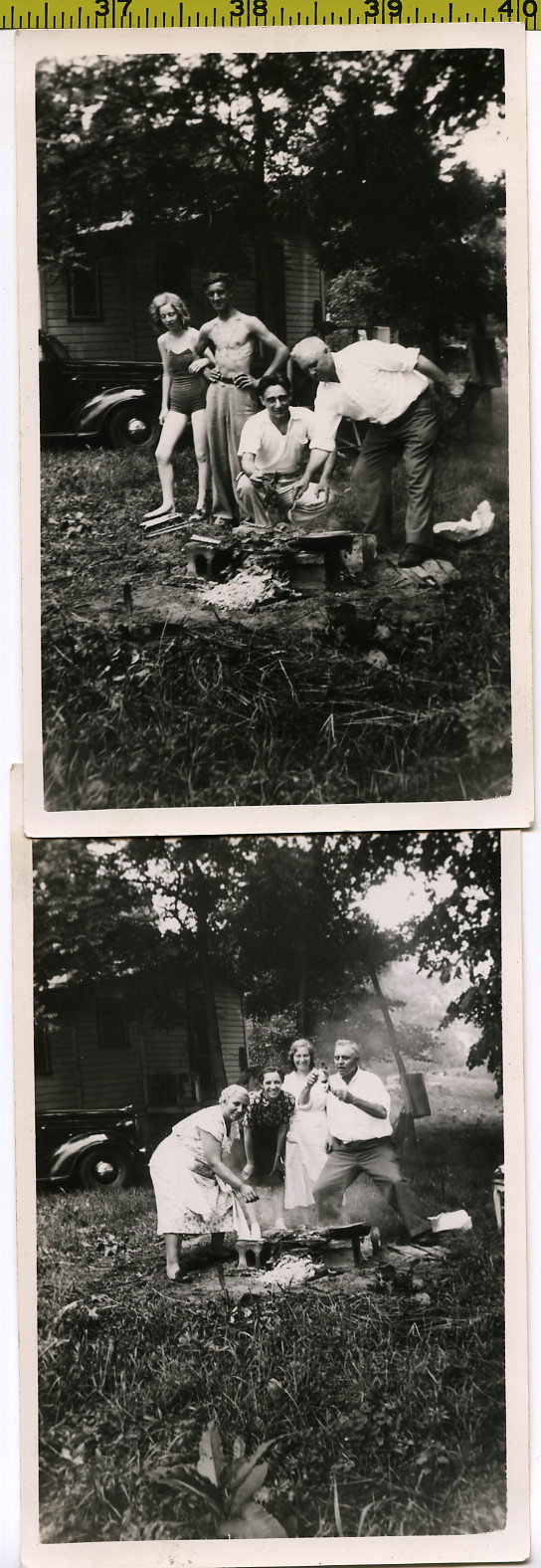Schwarz
View current page
...more recent posts
wynn puts elbow through his own 139 million dolllar picasso
favorite (not used) fmu logo - is that a t-shirt or what?
wasted days and wasted nights
Although the alignment of aesthetic and moral purpose through Modernist minimalism does not lead directly to social improvement (for instance, none of the “Record Houses” is meant to be “affordable”), it may, in more Aristotelian fashion, impart unique opportunities to develop moral virtues or “excellences of character.” Minimalism’s most familiar motifs simultaneously take on aesthetic qualities and moral virtues. Elegance allies with self-restraint and bareness with freedom from trivial desires, lack of finish with rejection of pretense. Unadorned expanses of glass denote openness and love of nature. Aesthetic aloofness suggests a rejection of shallow pleasure. Thus, a preference for a minimalist aesthetic need not rely on mere personal preference or on indemonstrable social benefits, but instead may seek to justify itself and its place in the world as character-building and character-revealing. Devotees and practitioners of Modernist minimalism do not have to seek to change the world to claim that it might be good for character development.
Commitment to a minimalist aesthetic can therefore lead to profound personal struggle and growth. In an individualistic age, one supremely suspicious of the corruption of politics, this is minimalism’s greatest potential source of moral strength, as well as its vulnerability. Community is its missing virtue. At its best, as with the Vietnam Memorial, minimalism provides a backdrop against which community can grow in its own way, but stepping up to providing it direction is another matter. And even with the Vietnam Memorial, it should be recalled that community is the sum of the loss of thousands of individuals.14
The shortcomings of Stoicism apply in equal measure to minimalism. Stoicism doesn’t require a turn away from the public and the political life in principle, but the combined effect of its requirement for self-cultivation and its easy conclusion that, as historian Adolph Friedrich Bonhoffer observes, the “prevailing corruption . . . makes fruitful political work of the wise man impossible”15 characteristically lead it down that path. “The perception that the human being as a rule could fulfill his universal intended purpose as a human being only precisely as a member of his nation and state and in the individuality of this national thinking and feeling seems to have been foreign to the Stoics. . . . Yet a further reason for their aversion to the public life lay side by side with the . . . idea of cosmopolitanism in their idealistic disregard of all external goods which prevented them from showing a real interest in the economical and cultural problems of the community.”16
"The Modernist minimalism dominating the pages of “Record Houses” will never willingly allow itself to be considered “just one style among many.” Such an attitude would constitute false modesty. But when the search for the pure shades over into the puritanical, what purpose is served? While minimalism’s rigor is undeniable, its rigor doesn’t produce a complete image of a fully and well-lived life."
Though Modernist minimalism can often seem mute about social life, its stripping of conventions can lead to works of thrilling immediacy and profound personal effort. Certainly these traits apply to the “Record Houses.” Most are exquisite and engage artistic matters more profoundly than do those in Digest. When the narrow list of ideals this sort of work permits becomes the only game in town, however, it then becomes anything but personally risky, anything but character-building. Instead, it becomes the style of the architectural aristocracy — a sign, as Bourdieu diagnosed, of certain social aspirations. This is why it comes as a particular disappointment when its motives take on the air of orthodoxy and exclusion, as surely they must when they so thoroughly crowd out and preclude alternatives.17
The Modernist minimalism dominating the pages of “Record Houses” will never willingly allow itself to be considered “just one style among many.” Such an attitude would constitute false modesty. But when the search for the pure shades over into the puritanical, what purpose is served? While minimalism’s rigor is undeniable, its rigor doesn’t produce a complete image of a fully and well-lived life. The Stoic philosophers faced just this dilemma. Stoicism is not an ethics of relationships but of individual character. It gains traction where loss of community is most acutely felt. Stoicism compensates for this loss by turning inward, cultivating self-perfection. If the proposition that Modernist minimalism’s admirable qualities are primarily concerned with character-building is at all convincing, one needs to be aware that minimalist sympathies are also incomplete representations of character and to make room for other traits, especially the social ones, that help round out a fully human existence.
yeah! the winter harvard design magazine is out with several online articles

